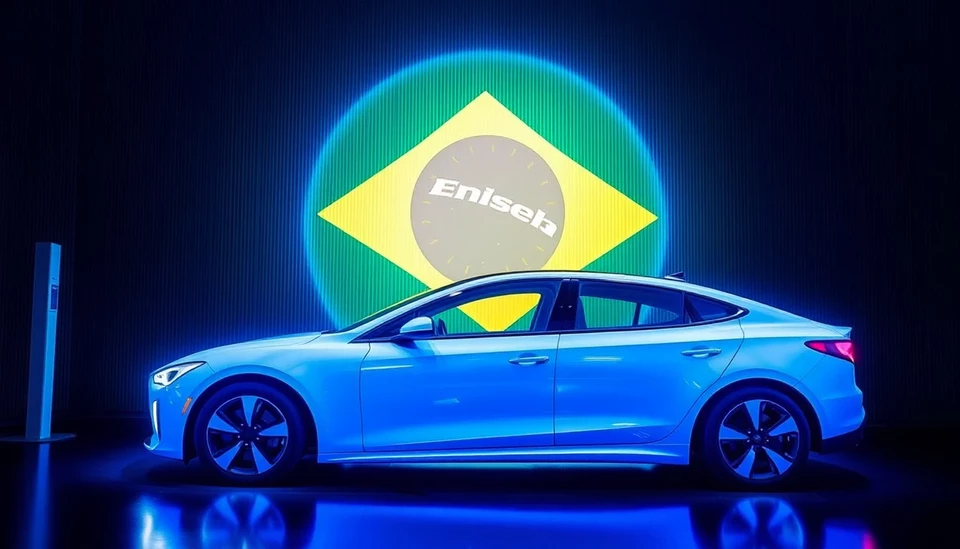
In recent developments, Brazil's electric vehicle (EV) market has been experiencing notable shifts, heavily influenced by government policies and market dynamics. A significant player in this landscape is Chinese automaker BYD, which has emerged as a dominant force amid rising tensions surrounding tariffs imposed by President Luiz Inácio Lula da Silva's administration. The implications of these tariffs are complex, as they aim to protect Brazil's budding EV industry while simultaneously raising costs for consumers and manufacturers.
Under the new tariff regime, imported electric vehicles face significant levies, which raises concerns about the overall affordability of EVs for Brazilian consumers. This measure is part of President Lula's broader economic strategy, which seeks to nurture local production and create jobs within Brazil. However, experts argue that while these tariffs might bolster domestic manufacturers in the long term, they could hinder consumer access to a diverse range of electric vehicles in the immediate term.
BYD has managed to weather these changes more effectively than many competitors. The company has established a strong foothold in the Brazilian market by not only manufacturing electric cars locally but also expanding its presence in the commercial vehicle sector. BYD's strategic investments and existing local production facilities enable the company to circumvent some of the challenges posed by the tariffs, allowing it to maintain competitive pricing and a strong sales trajectory.
Despite the challenges, the Brazilian electric vehicle market is witnessing growth, driven by increasing consumer awareness of environmental issues and the advantages of electric mobility. The introduction of new models and the expansion of charging infrastructure are also contributing factors that enhance the attractiveness of EVs. However, the recent tariff increases might stifle this momentum, especially for foreign manufacturers who do not have established production bases in Brazil.
Analysts predict that as the government navigates the complexities of its tariff system, domestic carmakers may gain at the expense of international competitors. This situation has spurred a heated dialogue among stakeholders, with some arguing for a more balanced approach that fosters both local industry and foreign investment without alienating consumers through higher prices.
Industry leaders are now calling for clarity on the government's long-term vision for the sector. Many believe that a more sustainable and transparent policy framework could not only enhance Brazil's attractiveness as a market for electric vehicles but also position it as a leader in Latin America's transition to greener transportation solutions.
As Brazil grapples with the challenges presented by these tariffs, the focus remains on how businesses, consumers, and the government can work collaboratively to forge a robust electric vehicle market that meets the needs of all parties involved. The coming months will be critical as the landscape evolves and stakeholders respond to these new economic realities.
In conclusion, as Brazil's electric vehicle market navigates the turbulent waters of tariffs and regulations, companies like BYD highlight the potential for success in a challenging environment. The path forward requires innovative strategies and cooperative efforts, but the benefits of a thriving EV sector for the environment and economy are undeniable.
#Brazil #ElectricVehicles #BYD #Lula #Tariffs #SustainableTransport #EVMarket #EnvironmentalAwareness
Author: John Harris




